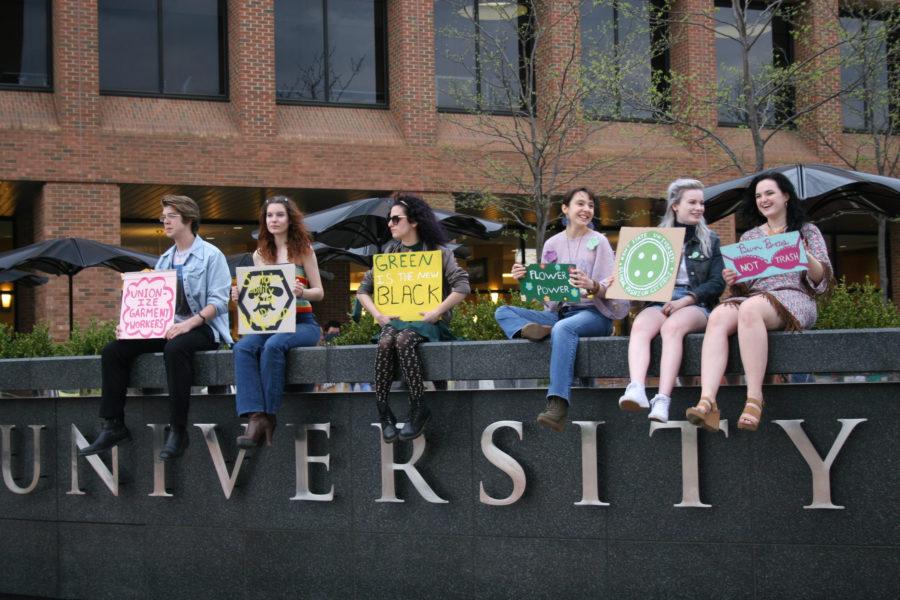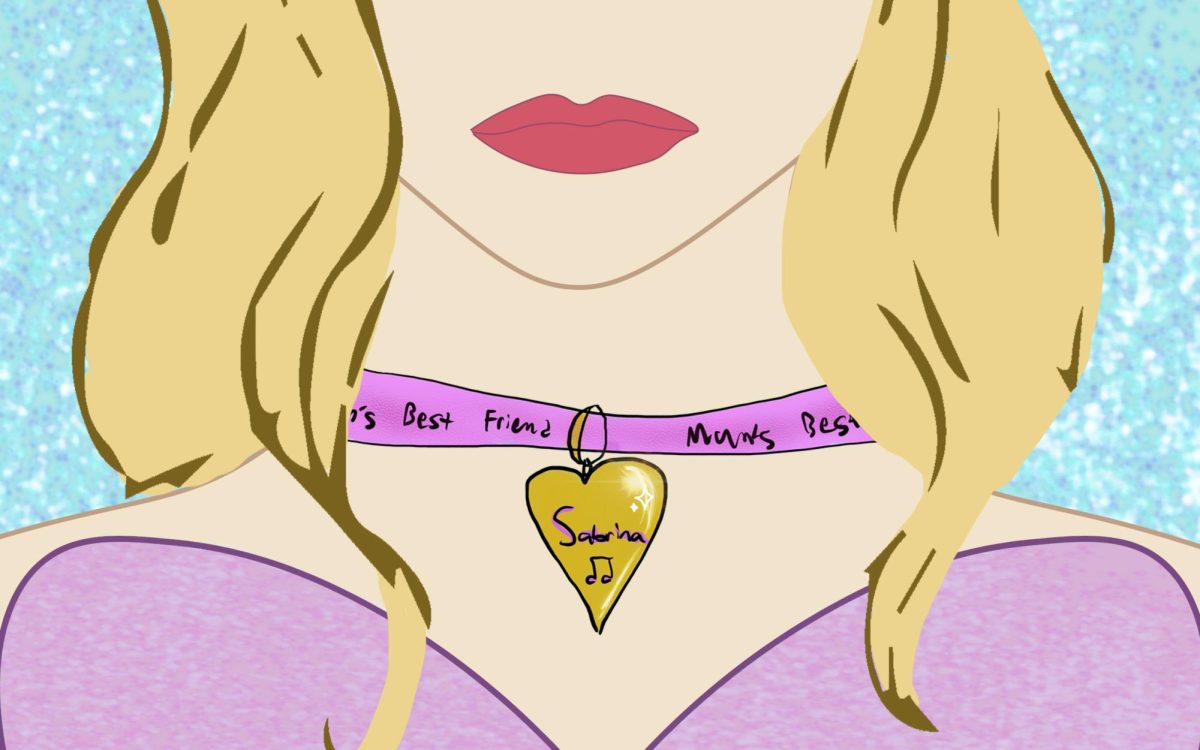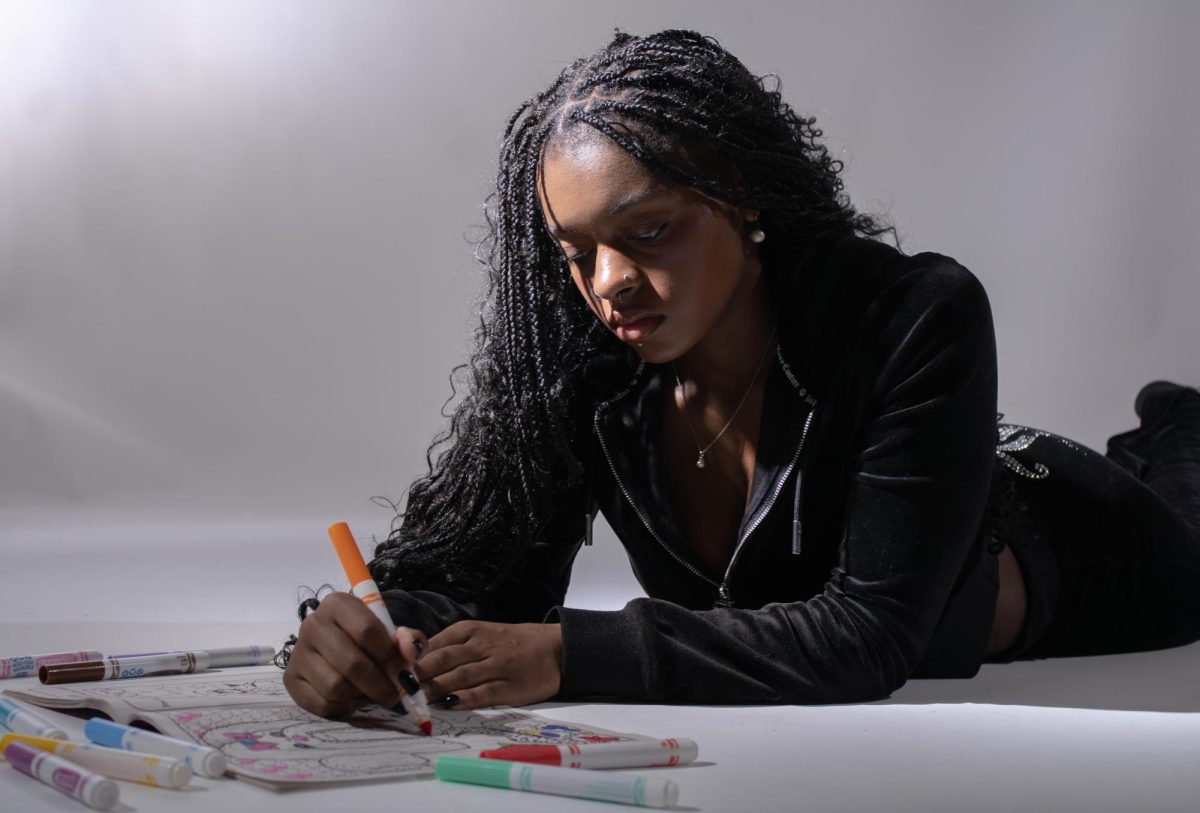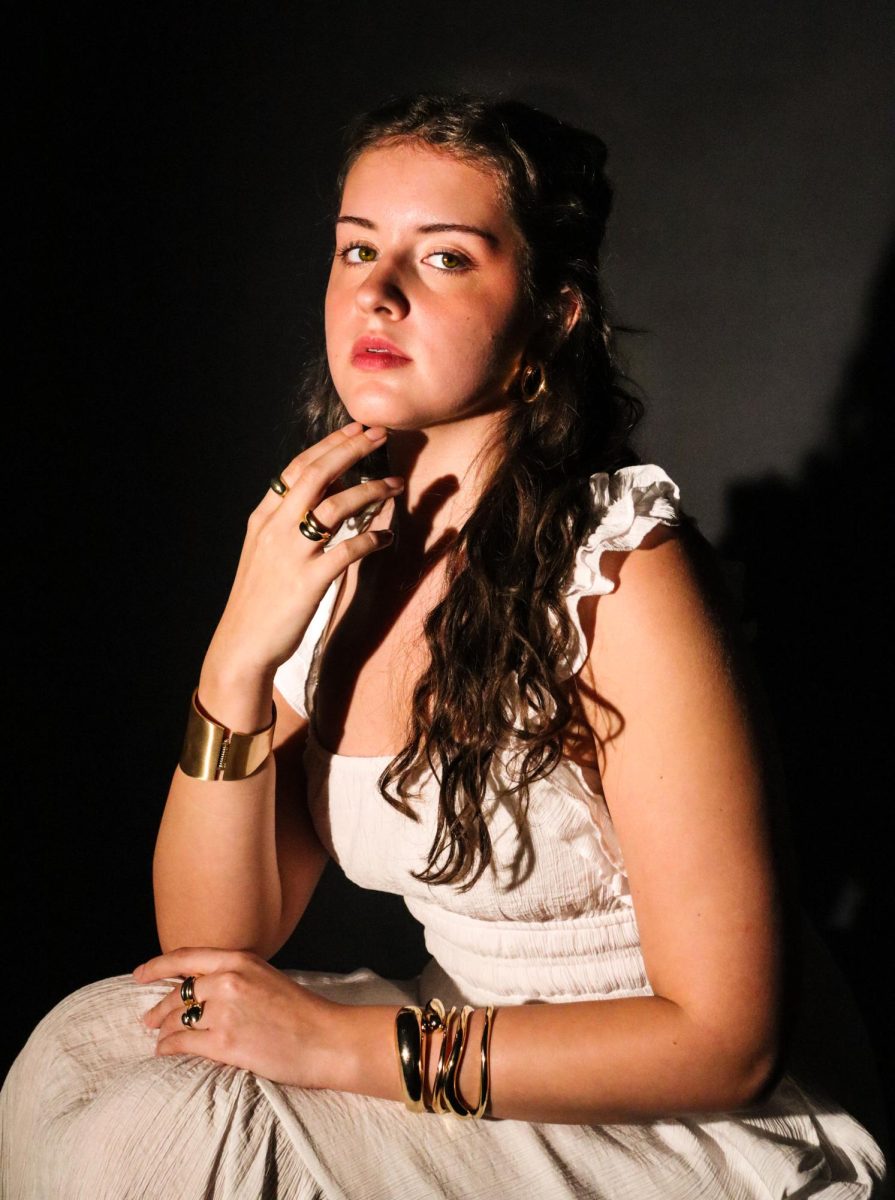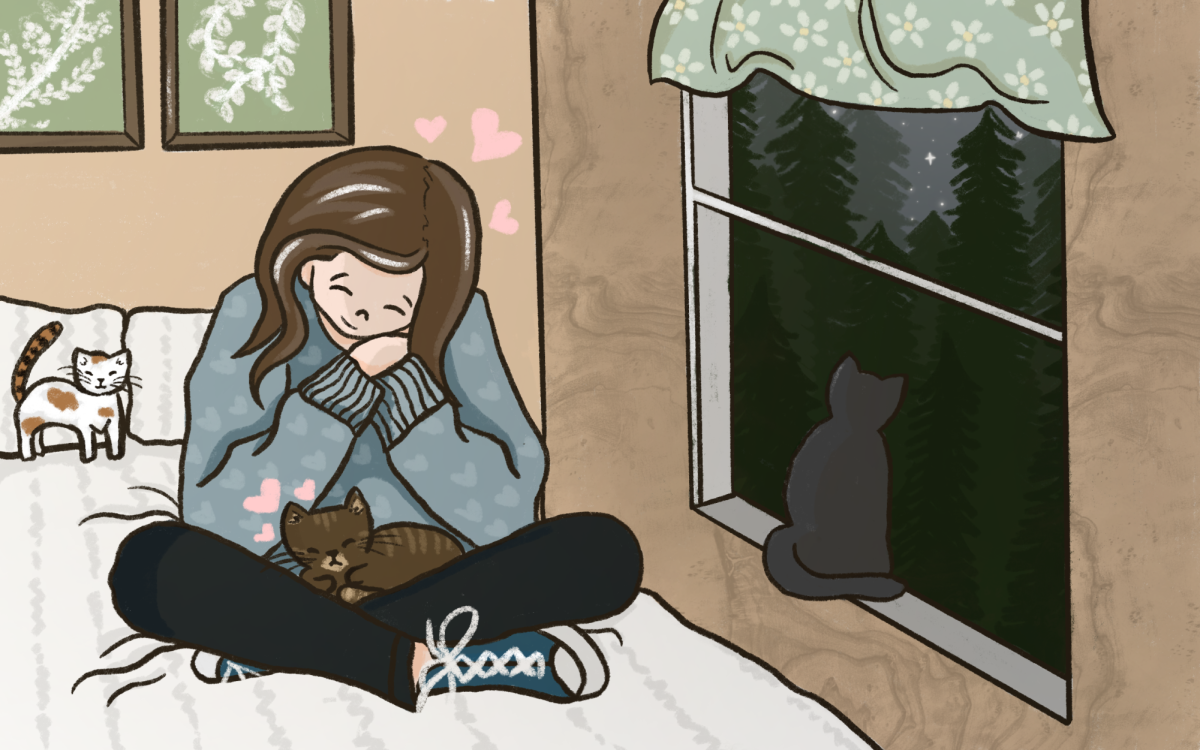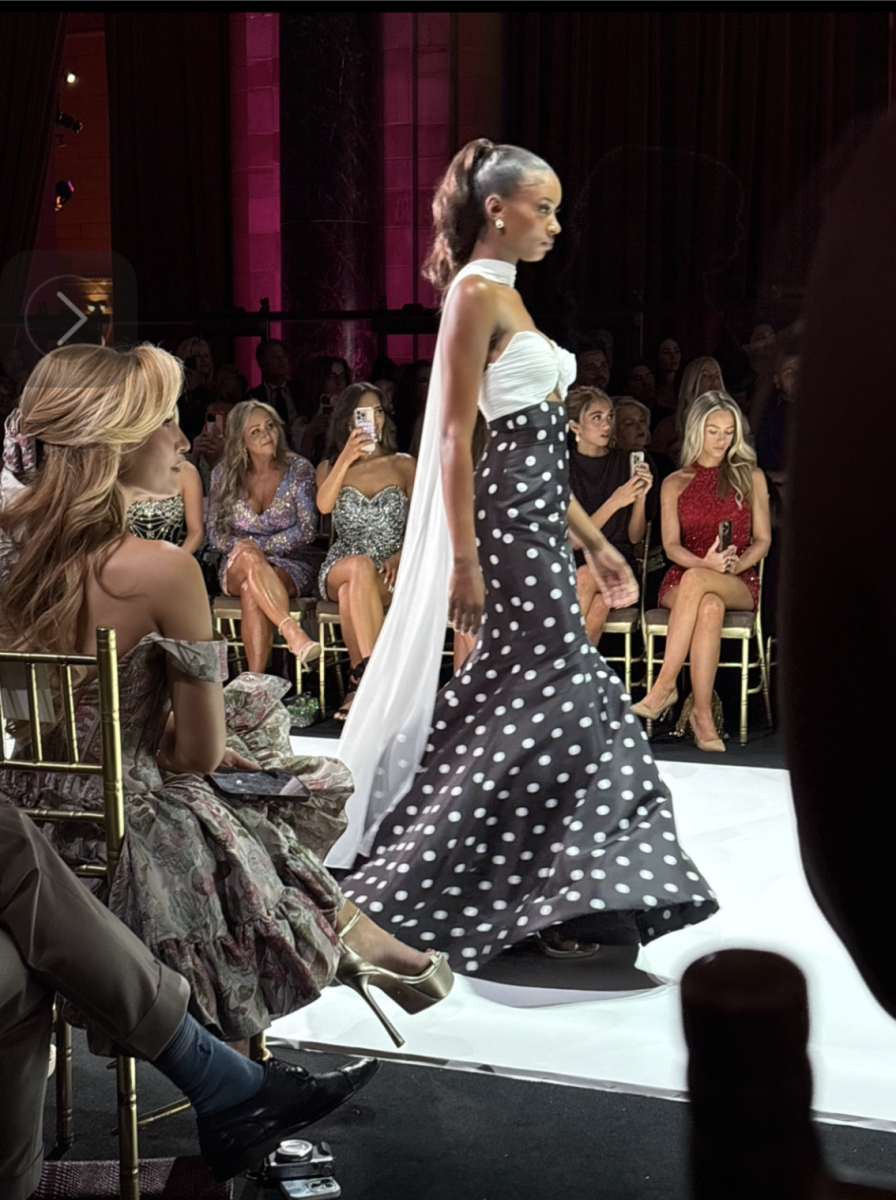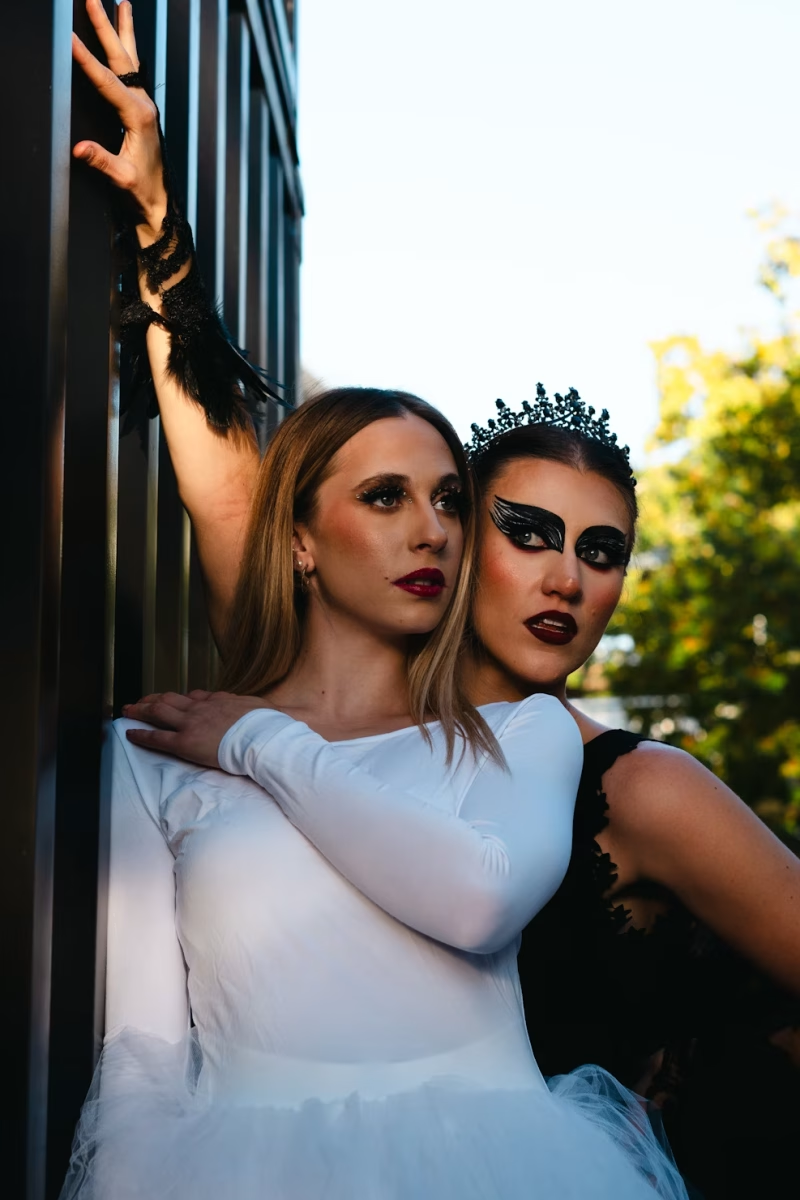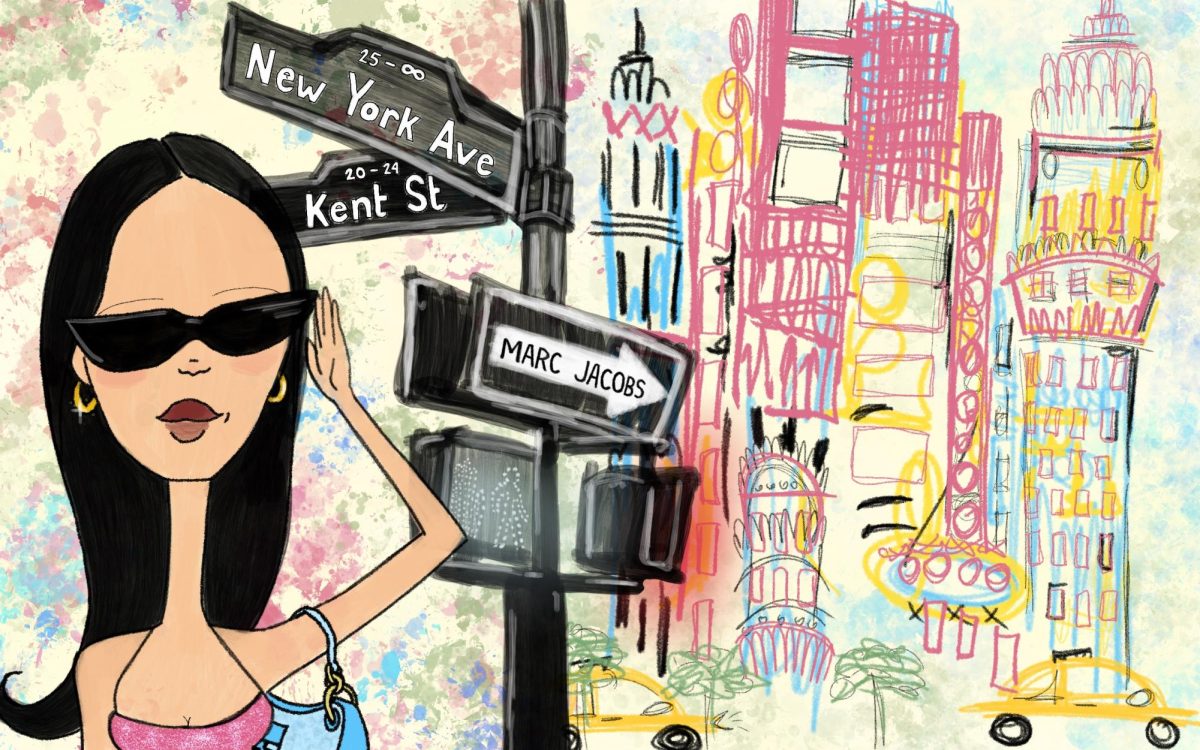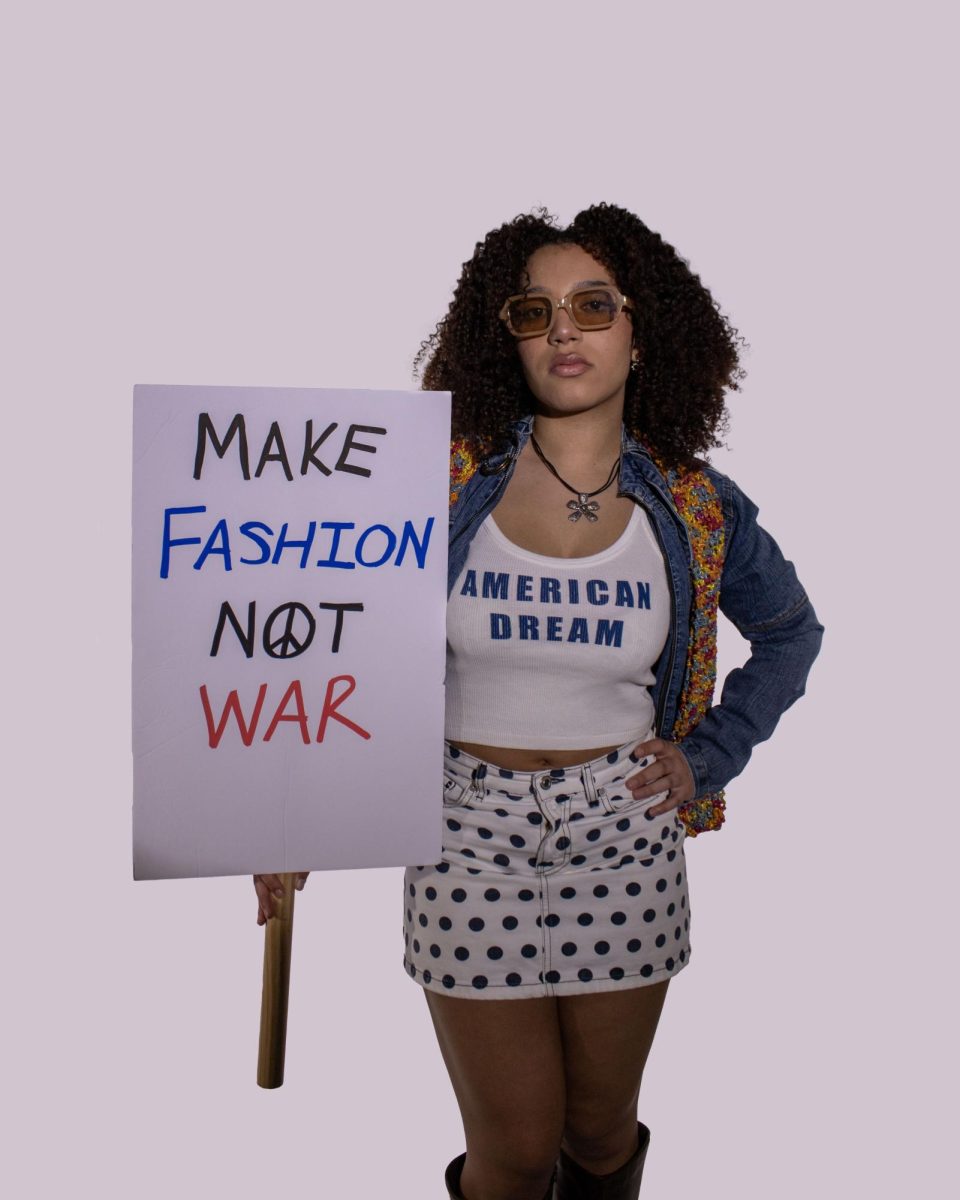Global Fashion Citizens is hosting its biggest event in the organization’s history on Sept. 23, combining its mission for sustainability with multiple large, well-known organizations on campus.
“The clothing swap is going to be a combination between GFC and Chi Omega, and we have also invited UNICEF and the College Democrats to join us,” says president of the Global Fashion Citizens Kelly Cunningham. “We started around two years ago and we have just been growing and growing ever since, so we’re really excited about this.”
GFC has held clothing swaps in the past, but is looking to expand the reach of the organization this year, starting with the combination of both Greek life and activist organizations on campus.
“It’s a great way to get our name out there,” says treasurer of the Global Fashion Citizens Megan Rogerson. “A lot of the organizations that we’re associated with are activist groups and [GFC] is definitely an activist organization. I think that being a part of that coalition brings it to a broader perspective too.”
Cunningham says the reason for partnering with the organizations is personal.
“I wanted to share my passion for sustainability, up-cycling and eco-friendly fashion,” Cunningham says. “Having respect for human rights and the environment is a big deal for me and I wanted to combine like-minded groups.”
Rogerson says the clothing swap is a great way to meet people and get new clothes. She says it’s a win-win situation.
“The clothing swap is a way for people to get rid of their gently used clothes that they don’t wear anymore and get something new they really like,” says Rogerson. “We’re not throwing away our clothes; we’re finding a way to give it to someone else who would want it.”
A clothing swap gives people the opportunity to bring in clothes that may not be of use to them anymore, but they think someone else might need.
“We lay it all out and sort it by size,” Cunningham says. “You can take whatever you want, if you bring five you can take five, and whatever is left over we donate.”
Cunningham says it’s important for her organization to expand because of the trends in the fashion industry today.
“The entire industry right now is driven by fast fashion, which is the rapid production of clothing from companies like Forever 21 and Old Navy,” Cunningham says. “They’re producing things so cheap and fast that the fabrics they’re using are ridden with chemicals, and people just throw them away because it breaks apart.”
Cunningham believes that people don’t know how to responsibly recycle their clothing and instead of being reused or recycled, the clothing ends up in a landfill. Cunningham wants people to reduce their clothing impact by buying less so less waste is created.
“People are interested in fashion and people are trying to assimilate to trends and the status quo and I think there’s a lot of pressure for fashion students to participate in that,” Cunningham says. “[GFC] wants to show them that they don’t have to and that there are smarter ways.”
Cunningham created GFC in fall 2015. She felt there was no organization on campus that did what she was looking for.
“It’s so important that our future fashion designers and business men and women of the fashion industry have that knowledge about what environmental impacts the fashion industry has on our world,” Cunningham says. “I wasn’t seeing that anywhere when I first came here and so I said I’d make it myself.”
Along with its meetings, GFC holds a variety of other events on campus that include documentary showings and an annual fashion show.
“The documentary The True Cost is the basis for what GFC is about,” Rogerson says. “It talks about the negative environmental impacts of the fashion industry and what we can do as consumers to not be a part of those impacts. We also have a Fash-mob every spring, it’s a fashion protest. We wear upcycled, thrifted clothes and protest in the middle of Rizman Plaza. It’s about educating people about sustainability in fashion.”
Rogerson says GFC is important to her because as a fashion student sustainability is something you can’t ignore, and students should be aware of it.
“Every part of it, from production to the end consumer, has an environmental footprint,” Rogerson says. “Going into the industry, it’s a really important aspect. This is the way the future of the industry is changing.”
Cunningham says she wants students who come to the meetings to feel inspired and feel obligated to incorporate sustainability into their careers.
“Our mission is to educate and inspire,” Cunningham says. “Our tagline is “ethics over aesthetics”, so put someone’s life over the cute sweater you just had to have from a fast fashion company.“
GFC’s next meeting is on September 21 at 7:30 p.m. in the Rockwell Hall Atrium (left side).
You can follow GFC on social media @kent_gfc.

